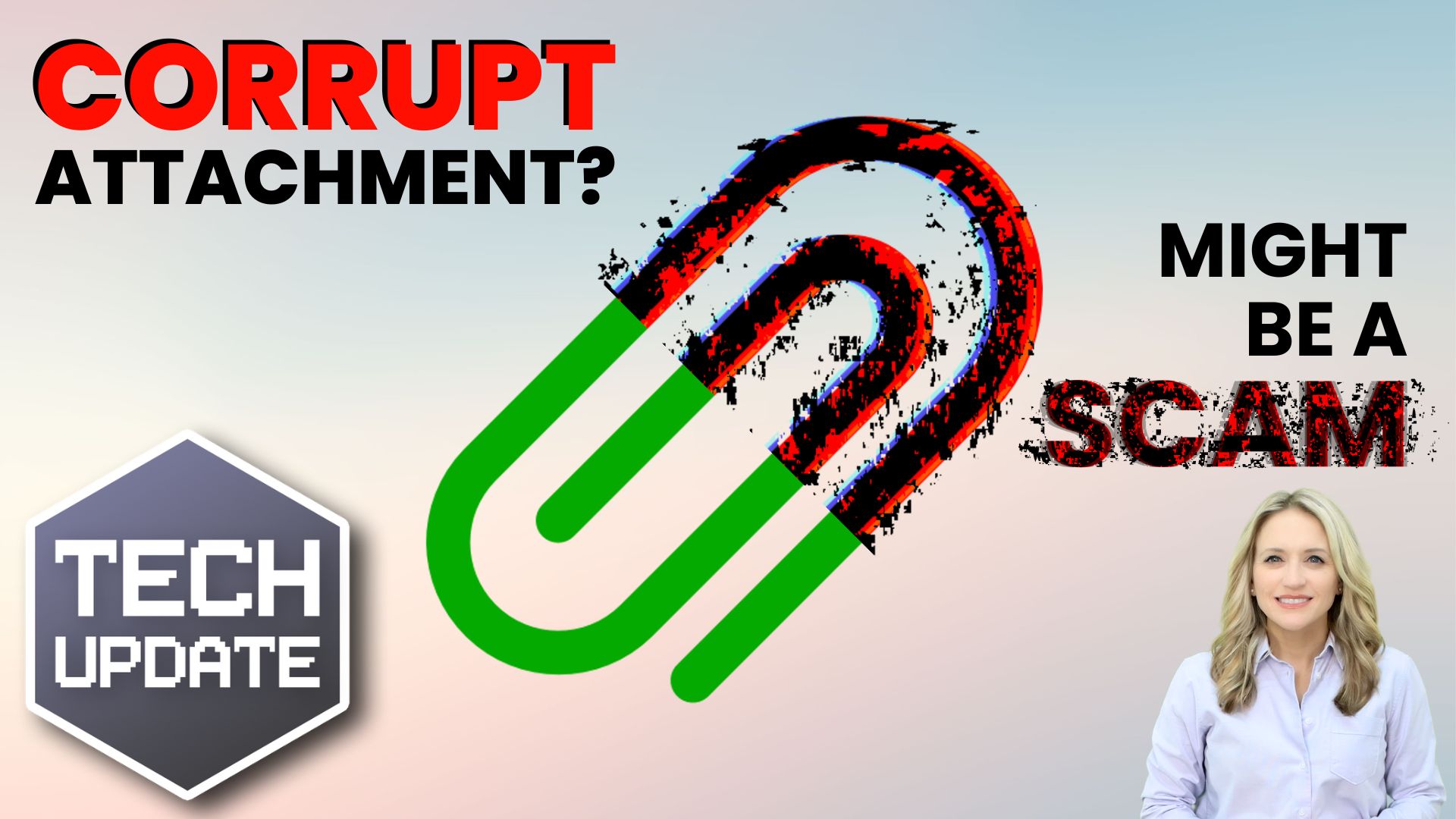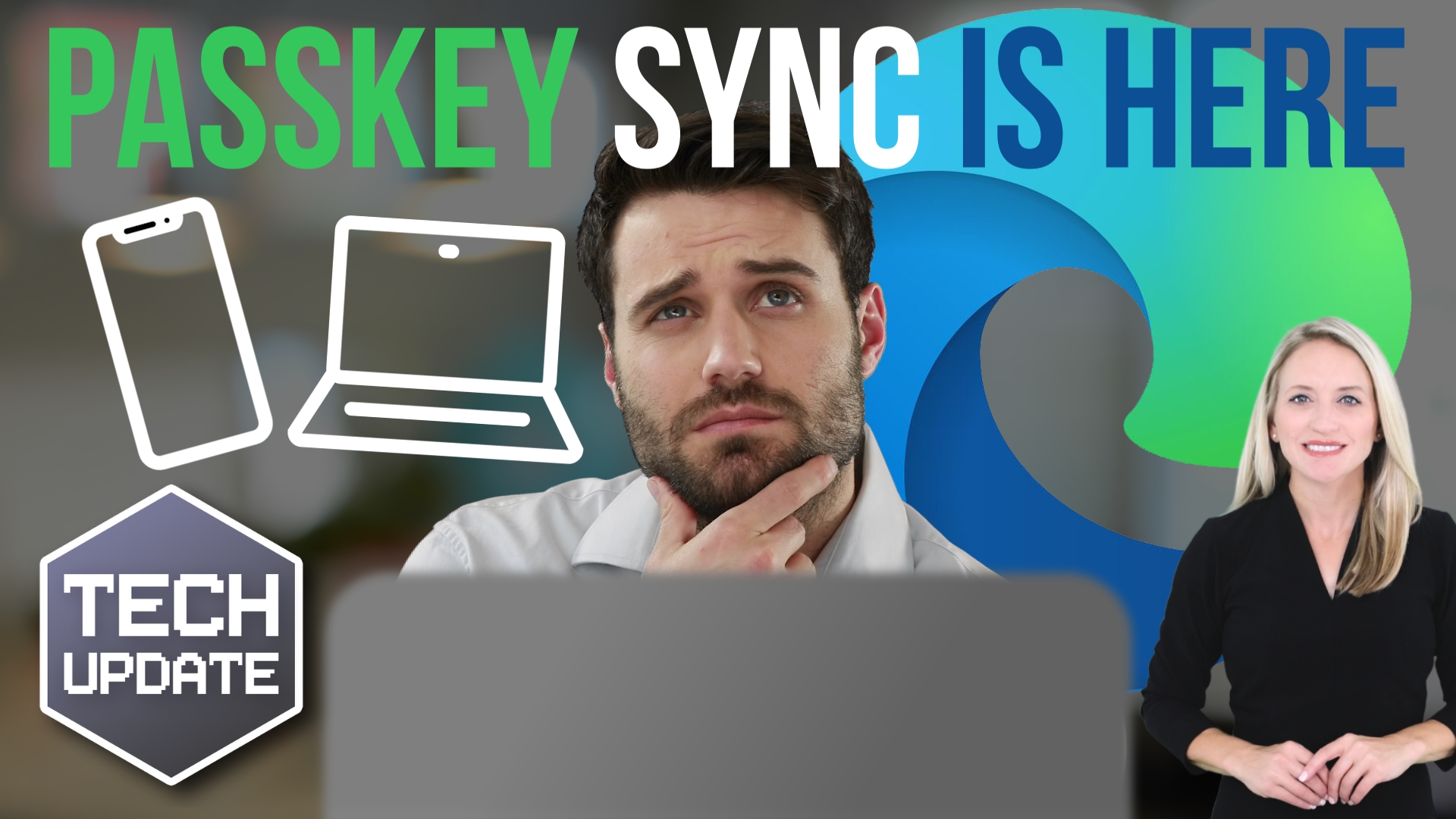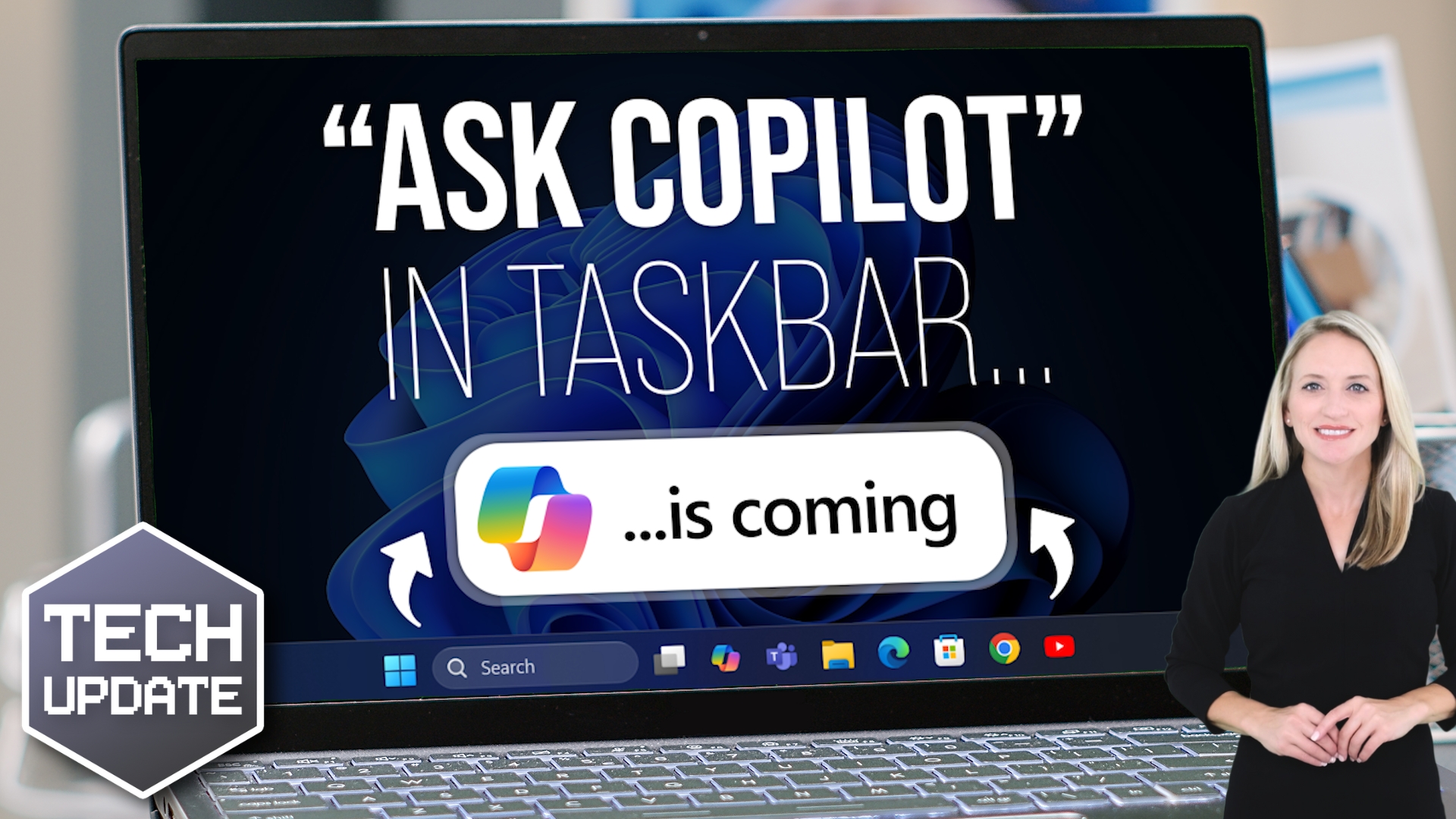Watch Out for That Email Attachment – It Could Be a Scam
Picture this: You’re going through your inbox when you see an email with a Word document attached. Maybe it’s an invoice, a message from a supplier, or a request from a coworker. Without thinking twice, you open it—and just like that, you’ve been scammed.
Cybercriminals are constantly finding new ways to bypass even the best email security filters, and their latest trick involves corrupted Microsoft Word files. It’s a clever and dangerous tactic designed to catch you off guard.
How the Scam Works
Scammers use a technique called phishing (pronounced “fishing”) to trick you into revealing sensitive information, like your passwords or banking details. They’ll send emails that look completely legitimate—sometimes even appearing to come from your bank, a trusted company, or a colleague.
These emails often include attachments or links. The moment you open the attachment or click the link, you could be downloading malware (malicious software) or landing on a fake website built to steal your information.
Phishing attacks are evolving fast, and they’re now one of the most common ways hackers gain access to businesses. While email security filters are good at detecting threats, corrupted files are tricky—they can slip through undetected.
What Happens If You Open a Corrupted File?
If you open one of these malicious Word documents, Microsoft Word will attempt to “repair” it. Once opened, the document looks normal—but hidden inside is a malicious QR code or link that directs you to a phishing site.
A common trick is leading victims to a fake Microsoft 365 login page. If you enter your credentials, the scammers now have access to your account—and potentially your entire business.
The Real Danger: What Hackers Can Do with Your Info
All it takes is one compromised account for hackers to:
- Steal sensitive company or customer data
- Lock your team out of critical files
- Send phishing emails from your account to trick your contacts
- Cause financial losses and legal trouble
- Damage your company’s reputation
Cyberattacks like this can be devastating for businesses. But the good news is, you don’t need to be a cybersecurity expert to protect yourself.
How to Stay Safe from Email Scams
The best defense against phishing scams is awareness. Here’s what you can do:
✅ Think before you click – Don’t open attachments or click links unless you’re 100% sure they’re safe.
✅ Watch out for urgency – Scammers try to rush you into making quick decisions. Take a moment to verify before acting.
✅ Double-check the sender – If something feels off, contact the person or company directly to confirm they sent the email.
✅ Don’t trust appearances – Just because an email looks professional doesn’t mean it’s real.
Most importantly, educate yourself and your team on how to spot phishing attempts. Knowing the warning signs could prevent a costly mistake.
Need Help Securing Your Business?
We help businesses like yours stay safe from scams every day. If you want expert guidance on email security and phishing protection, get in touch with us today.
Next Steps
Are you looking for a new IT service provider? Check out our free guide that explains how to choose your next IT service provider for some quick tips to get you started! Schedule a free 15-minute discovery call with someone from our team to see if we’re a good mutual fit!







